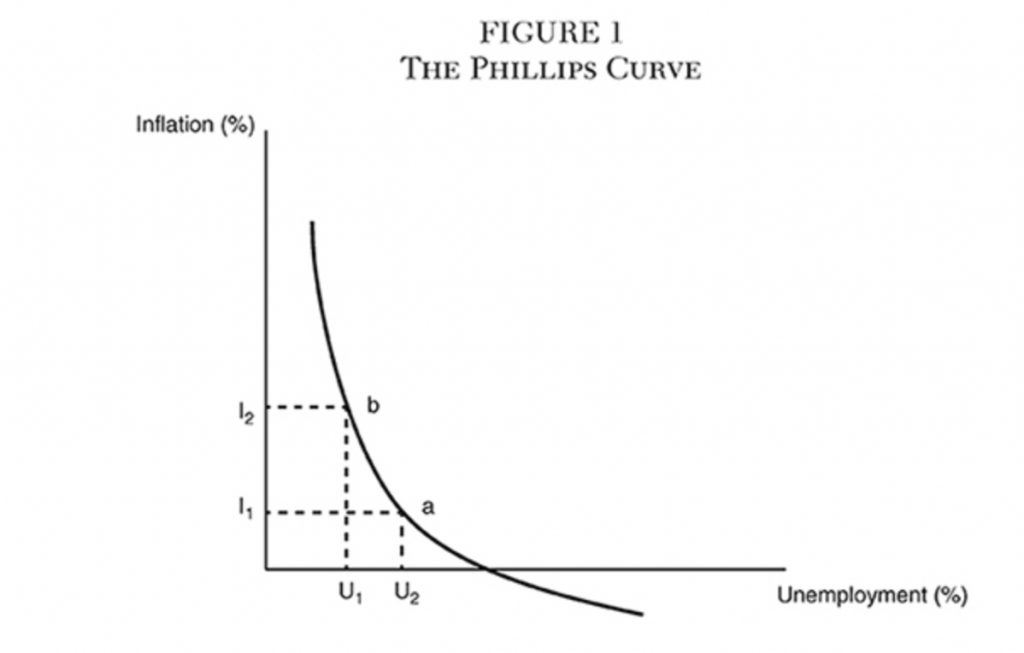

The Russian invasion of Ukraine has not only helped local energy operations and wheat farmers, who will see higher prices for their products, it could also see the Reserve Bank delay interest rate rises, as economists dust off and warn us about their old stagflation fears.
We haven’t been worried about stagflation since the 1970s when OPEC pushed oil prices so high that Australia saw inflation close to 18%!

This then saw the unions demand wage rises. What was set off was something called a wage-price spiral, which eventually saw those firms that could not raise prices easily and retain business, start chopping costs, which KO’d jobs. This meant we saw both rising inflation and rising unemployment for the first time. This co-incidence was tagged stagflation.

Historically, economists argued that when inflation was high, unemployment was low and vice versa. This was best seen in what was known as the Phillips Curve. A.W. Phillips was an Aussie economist and his study of inflation and unemployment saw him conclude that when one was up, the other was down. But the oil price shock of the 1970s changed all that.
And because the pandemic lockdowns have caused supply bottlenecks and higher inflation, and this Russian war is forcing oil prices up even higher, economists are worried that we could see stagflation again.
This could easily stop the RBA from rushing to raise interest rates if petrol prices continue to spike, thanks to Vladimir Putin’s invasion of Ukraine.
The AFR’s John Kehoe looked at the views of former RBA board member, Warwick McKibbin, an economics professor at The Australian National University, who said the higher energy prices were occurring at a ‘‘problematic’’ time when global inflation was already high, particularly in the US. ‘‘It’s a nightmare for central banks and a tough call,’’ Professor McKibbin said. ‘‘I was expecting the RBA to raise rates several times between now and the end of the year if Ukraine hadn’t happened, but I think the RBA will now sit on their hands longer than they otherwise would have.’’
I think the Professor is right because if oil prices remain higher for longer because the world wants to punish Russia by refusing to buy oil and gas from them, then it would lead to higher energy prices, higher inflation and reduced global economic growth expectations. And the RBA Governor knows this and it could easily make him delay any rate rises.
Some economists think this could lead to stagflation like in the 70s because of a similar oil price shock, but there are differences.
First, there are more alternative sources of energy nowadays. Second, and more important, unions don’t have the same power to demand pay rises as they did before the deregulation and reduced trade protection that happened in the 80s and beyond. And finally, the Internet has increased globalisation in a digital age, which means local firms can’t easily raise prices because overseas rivals or even local tech businesses compete to stop prices rising as they did in the 70s.
I don’t worry about stagflation like what we saw in the 70s, but I do think the RBA will delay the first interest rate rise if inflation remains elevated, driven by higher oil and petrol prices, as well as any additional inflation created by Vlad the invader!